It is the latest major economy to announce its own virtual currency, as China trials the digital yuan.
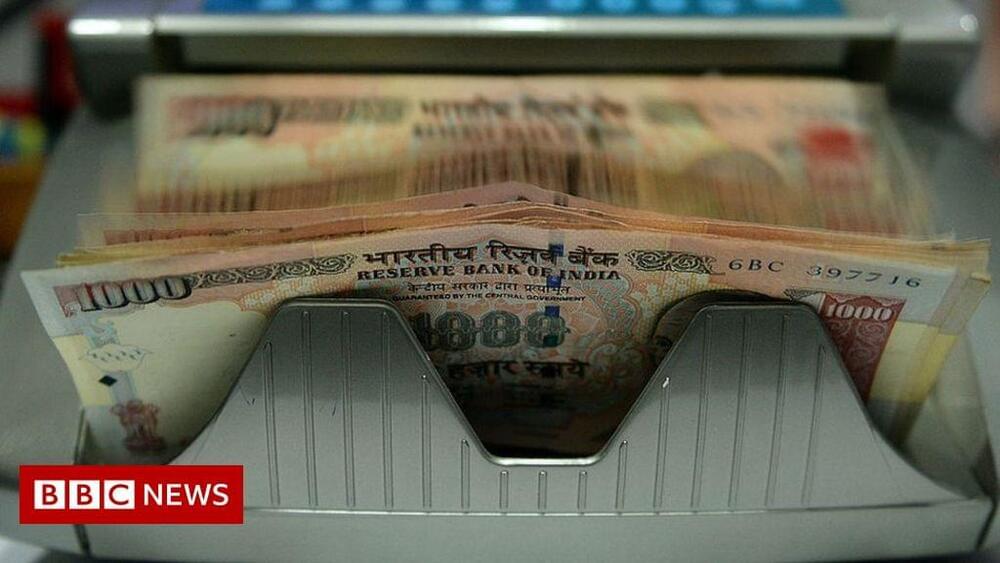


Ford Motor Co. is working with Israeli startup Electreon to construct a mile-long road near Detroit’s Michigan Central Terminal that will charge electric vehicles as they travel on it. The pilot program will deploy an inductive in-road charging system in partnership with the Michigan Department of Transportation, the Michigan Office of Future Mobility and Electrification and the Michigan Economic Development Corp. “As we aim to lead the future of mobility and electrification by boosting electric vehicle production and lowering consumer costs, a wireless in-road charging system is the next piece to the puzzle for sustainability,” Michigan Governor Gretchen Whitmer said in a statement. Also supporting the project, which is expected to be operational in 2023, are Next Energy and the Jacobs Engineering Group. Ford purchased the long-abandoned train station and is converting it to be the hub of what it calls its “mobility innovation district,” where software developers and others will focus on making electrified and autonomous transportation more practical.
Full Story:

Yanis Varoufakis also discussed “pay-to-earn” and the blockchain’s long-term consequences.
Former Greek Finance Minister and one-time in-house economist at Valve, Yanis Varoufakis, gave a long and freewheeling interview to the website, the Crypto Syllabus, focusing on the blockchain, its potential and disappointments, and where it sits in the larger context of politics, surveillance, and economics.
Of particular note to PC Gamer readers is his description of his time with Valve. Varoufakis had access to Valve’s data on Steam’s nascent player-to-player marketplace in the early 2010s, which he used to advise the company and his own economics research. Describing Valve’s initial pitch to him, Varoufakis said:
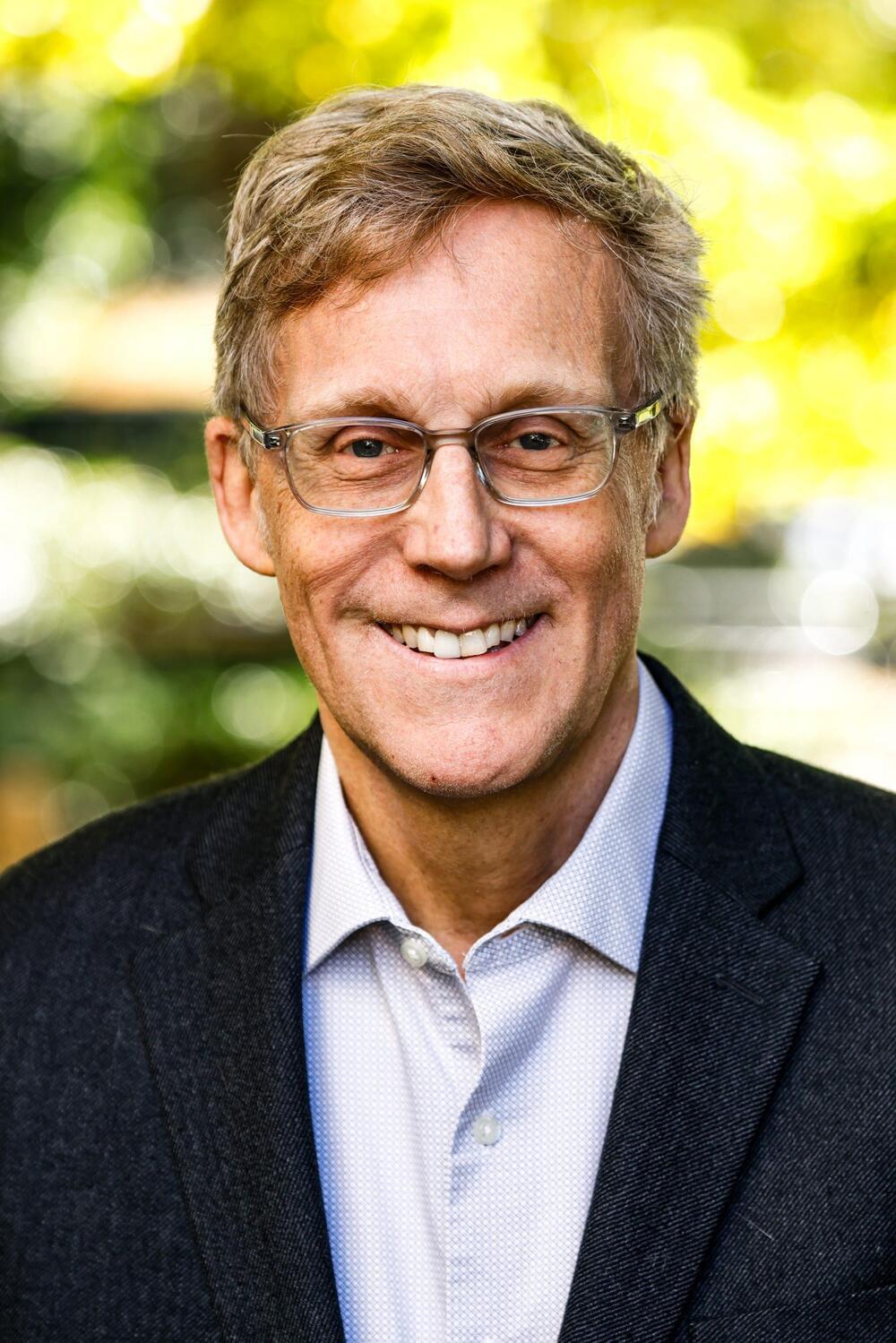
In part because the technologies have not yet been widely adopted, previous analyses have had to rely either on case studies or subjective assessments by experts to determine which occupations might be susceptible to a takeover by AI algorithms. What’s more, most research has concentrated on an undifferentiated array of “automation” technologies including robotics, software, and AI all at once. The result has been a lot of discussion—but not a lot of clarity—about AI, with prognostications that range from the utopian to the apocalyptic.
Given that, the analysis presented here demonstrates a new way to identify the kinds of tasks and occupations likely to be affected by AI’s machine learning capabilities, rather than automation’s robotics and software impacts on the economy. By employing a novel technique developed by Stanford University Ph.D. candidate Michael Webb, the new report establishes job exposure levels by analyzing the overlap between AI-related patents and job descriptions. In this way, the following paper homes in on the impacts of AI specifically and does it by studying empirical statistical associations as opposed to expert forecasting.

“The main goal is to build a smart new city, a new city that is competitive at the global level, to build a new locomotive for the transformation… toward an Indonesia based on innovation and technology based on a green economy.”
Environmental groups not on board However, not all are on board with Widodo’s new plans. Environmental groups worry that the new city may disturb the orangutans, leopards, and other wildlife that already live there. There is also the fact that the new development would cost a whopping $34 billion, a price much too high to pay during an already costly pandemic.
Full Story:
Pretty soon it won’t just be Indonesia’s Navy submarine that will have disappeared. Its capital city Jakarta is also sinking quickly.
Indonesia is looking to replace its capital city because it is very polluted, congested, susceptible to earthquakes, and quickly sinking, according to the Associated Press. The country now aims to build a more sustainable, cleaner, and resilient capital city.
A smart new city

The new foundation of the artificial intelligence (AI) economy is flexible, remote work. Thanks to advances in technology that enable remote work at an unimaginable scale, organizations developing AI can now collaborate with people from almost anywhere, including previously inaccessible areas. People across the globe can now contribute to building AI in meaningful ways, particularly through data preparation and annotation work. This has led to the emergence of a new and growing freelance category — focused on AI training data annotation and collection.
While many AI economy participants join searching for additional income, a good portion of data annotators join the AI economy because they are seeking challenging opportunities. Whatever their reason, contributors benefit positively from the new opportunities flexible work affords. Geography is no longer an impediment to skill development or participation in projects that they’re enthusiastic about.
Organizations building AI are embracing remote contracting arrangements in order to access the contributions of people around the world. These contributors may not necessarily live in technology hubs, nor have had the opportunity to participate in AI before the arrival of these remote options. In fact, professional options in their locale may be limited as a whole. Appen recently released their Impact Pulse survey of the crowd and found that 40% of contributors rely on the work from home model due to barriers of accessing traditional work. Thirty-two percent were living below the global poverty line before starting with Appen, and of those, 53% have been lifted above due to their work in the AI Economy.
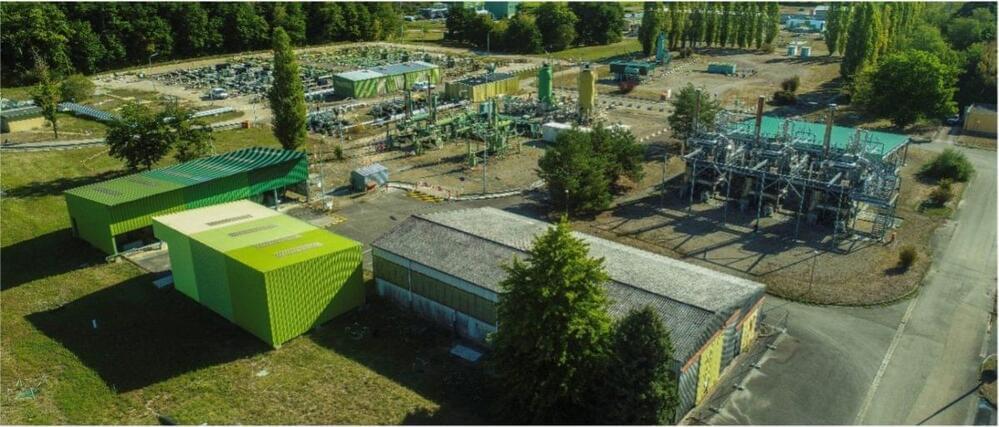
Energy company Royal Dutch Shell has started operations at the power-to-hydrogen electrolyzer in Zhangjiakou, China, a joint venture between Shell (China) and Zhangjiakou City Transport Construction Investment Holding Group, the Anglo-Dutch company wrote on Friday. The electrolyzer will reportedly provide about half of the total green hydrogen supply for fuel cell vehicles at the Zhangjiakou competition zone during this year’s Winter Olympic Games, set to begin on February 4. Shell looks set to make further investments in China’s hydrogen sector. “We see opportunities across the hydrogen supply chain in China, including its production, storage and shipping. We want to be the trusted partner for our customers from different sectors as we help them decarbonise in China,” commented Wael Sawan, director of Shell’s Integrated Gas, Renewable and Energy Solutions unit. The companies, which took 13 months to complete the project, have plans to scale the power-to-hydrogen electrolyzer up to 60 MW in the next two years. Utilizing onshore wind power, the project will initially supply green hydrogen to fuel a fleet of more than 600 fuel cell vehicles at the Zhangjiakou competition zone during the Winter Olympic Games. After that, the hydrogen will be used for public and commercial transport in the Beijing-Tianjin-Hebei region.
Green Hydrogen Systems, a provider of pressurized alkaline electrolyzers used in on-site hydrogen production based on renewable electricity, has signed a supply agreement with Edinburgh-based Logan Energy to deliver electrolysis equipment for a project in England. The order includes the supply of two electrolyzers with a combined capacity of 0.9 MW for the production of green hydrogen from renewable energy. “Manufactured by Green Hydrogen Systems and operated by Logan Energy, the electrolysers will be deployed in a 40 ft container as a complete green hydrogen plant as part of plans to develop a regional hydrogen economy in Dorset, England,” Green Hydrogen Systems wrote on Tuesday. When fully operational during Q4 of 2022, the ordered electrolyzers will reportedly have the capacity to provide approximately 389 kg green hydrogen per day.
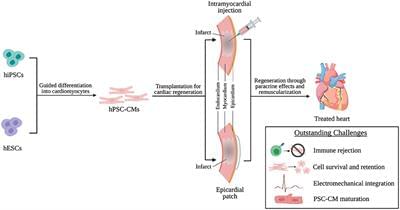
Cardiovascular disease is the leading cause of death worldwide and bears an immense economic burden. Late-stage heart failure often requires total heart transplantation; however, due to donor shortages and lifelong immunosuppression, alternative cardiac regenerative therapies are in high demand. Human pluripotent stem cells (hPSCs), including human embryonic and induced pluripotent stem cells, have emerged as a viable source of human cardiomyocytes for transplantation. Recent developments in several mammalian models of cardiac injury have provided strong evidence of the therapeutic potential of hPSC-derived cardiomyocytes (hPSC-CM), showing their ability to electromechanically integrate with host cardiac tissue and promote functional recovery. In this review, we will discuss recent developments in hPSC-CM differentiation and transplantation strategies for delivery to the heart. We will highlight the mechanisms through which hPSC-CMs contribute to heart repair, review major challenges in successful transplantation of hPSC-CMs, and present solutions that are being explored to address these limitations. We end with a discussion of the clinical use of hPSC-CMs, including hurdles to clinical translation, current clinical trials, and future perspectives on hPSC-CM transplantation.
Cardiovascular disease (CVD) is the leading cause of death worldwide. In the United States alone, CVD is responsible for ~655,000 deaths and contributes to $200 billion in spending each year. CVD can lead to myocardial infarction (MI), also known as a “heart attack,” which results in restricted blood flow and extensive cell death within the infarct zone. Due to the limited regenerative capacity of the human heart, infarcted myocardium is replaced by fibrotic scar tissue with inferior contractile performance. Over time, pathological remodeling leads to ventricular wall thinning, which can progress to heart failure. There is currently no treatment available that can restore lost cardiomyocytes after MI, and conventional therapies typically only manage the symptoms (3, 4).
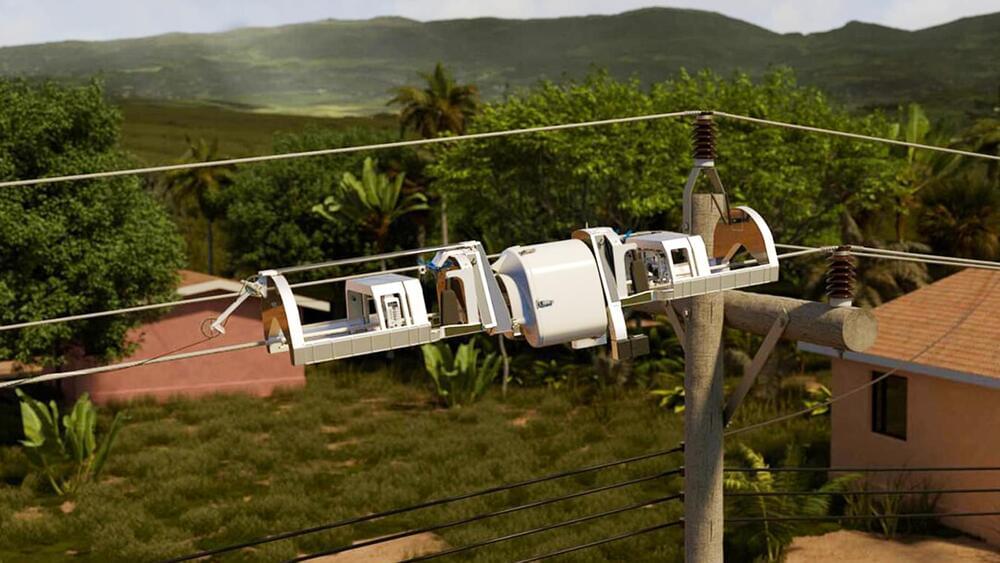
A Facebook robot that wraps fiber-optic cable around existing power lines could help bridge the digital divide by bringing internet access to some of the billions of people who currently lack it.
Why it matters: The 60% of the world population with internet access has social, economic, financial, and educational advantages over the other 40%, most of whom live in developing nations or rural areas.
The cost of expanding internet networks is a major barrier to bringing internet access to those people — if the Facebook robot can cut that cost, it could help close this “digital divide” and make the world a more equitable place.
Major brands are also getting into the NFT mix, including Dolce & Gabbana, Coca-Cola, Adidas, and Nike. In the future, when you buy a physical world item from a company, you might also gain ownership of a linked NFT in the metaverse.
For example, when you buy that coveted name-brand outfit to wear to the real-world dance club, you might also become the owner of the crypto version of the outfit that your avatar can wear to the virtual Ariana Grande concert. And just as you could sell the physical outfit secondhand, you could also sell the NFT version for someone else’s avatar to wear.
These are a few of the many ways that metaverse business models will likely overlap with the physical world. Such examples will get more complex as augmented reality technologies increasingly come into play, further merging aspects of the metaverse and physical world. Although the metaverse proper isn’t here yet, technological foundations like blockchain and crypto assets are steadily being developed, setting the stage for a seemingly ubiquitous virtual future that is coming soon to a ‘verse near you.